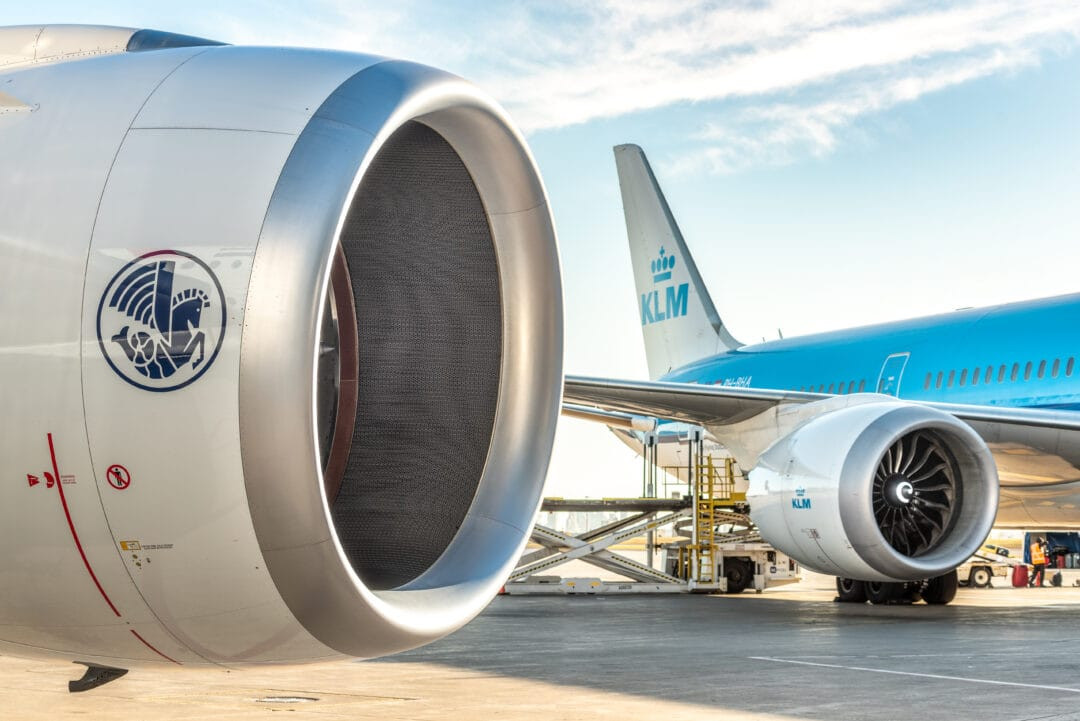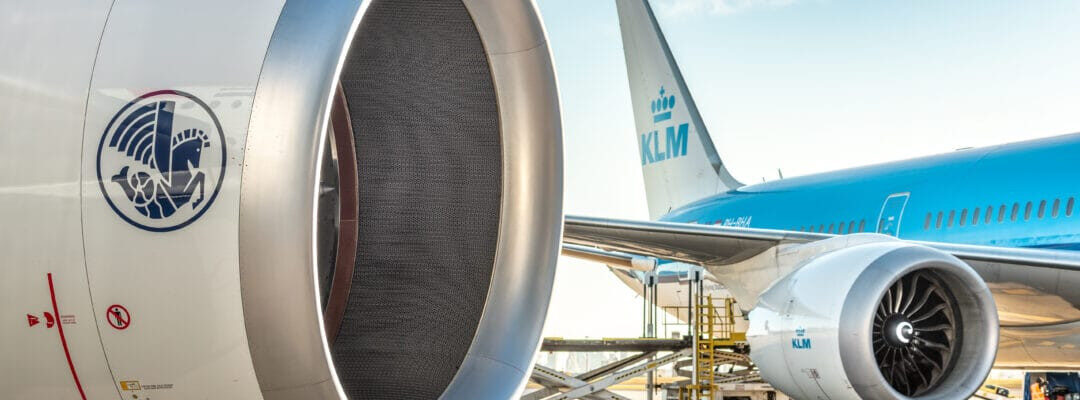Air France KLM Martinair invests in pharmaceutical growth
- During this week’s FlyPharma Amsterdam 2025 conference, global pharmaceutical leaders, stakeholders and supply chain partners gathered for one of the major international events in life sciences logistics.
- Against the backdrop of rapidly evolving regulations, geopolitical uncertainty, and changing trade flows, the event underscored the importance of cooperation to protect the seamless transportation of life-saving medicines and healthcare products around the world.
The growth of pharmaceutical companies is fueling demand for specialized air freight. The global pharmaceutical and healthcare sector is expected to reach US$1.77 trillion in 2025, expanding at a mid-single-digit growth rate. Industry optimism is driven by innovation in biologics, personalized medicine, and digital health, as well as expanding access to patients globally. This momentum translates directly into strong demand for air cargo capacity, especially for high-value, temperature-controlled cargo.
The pharmaceutical air freight sector alone is expected to grow by more than 6 percent annually, as manufacturers and logistics providers prioritize speed, reliability and compliance with Good Distribution Practice (GDP) standards. Air cargo companies and airports are investing heavily in cold chain infrastructure, IoT tracking, and digital visibility tools to serve this expanding sector.
Corridors connecting Asia, Europe and North America are expected to see the fastest growth, with pharmaceutical and healthcare logistics emerging as one of the most flexible and differentiated sectors in the global air freight market. Schiphol: a global hub for pharmaceutical logistics Amsterdam Airport Schiphol plays a vital role as one of the most important pharmaceutical logistics hubs in the world. Its location in central Europe, advanced infrastructure, and strong ecosystem of logistics partners make it indispensable to global pharmaceutical supply chains.
Schiphol Airport is not only important for the global distribution of medicines and vaccines, but also for the Dutch economy, strengthening the Netherlands’ position as a gateway for international trade and innovation in life sciences.
Schiphol’s pharmaceutical logistics ecosystem is important not only for global public health but also for the Dutch economy. In 2024, the Netherlands exported pharmaceutical products worth US$38.49 billion, underscoring the importance of the sector as a driver of trade, innovation and high-value employment. Schiphol’s success as a pharmaceutical logistics hub enables companies to invest, expand and innovate in the Netherlands – making the country more competitive, flexible and attractive for life sciences professionals.
The importance of a global logistics hub like Schiphol has also been demonstrated during the Covid-19 pandemic, with Amsterdam Airport Schiphol playing a crucial role as one of Europe’s main gateways for the transport of vaccines and temperature-sensitive medicines. The role of Air France KLM Martiniere Cargo in global pharmaceutical logistics Air France KLM Martiniere Cargo (AFKLMP Cargo) has established itself as a pioneer and leader in pharmaceutical logistics, having been among the first airlines to receive IATA CEIV Pharma certification. With its dual structure at Amsterdam Schiphol and Paris Charles de Gaulle, and its strategic location in Europe’s ‘drug belt’, the airline offers unique agility and flexibility in a volatile market.
“For Air France KLM Martinair Cargo, growth in the pharmaceutical and healthcare sector has been a strategic priority over the past five years,” said Gertjan Rowlands, Senior Vice President Commercial at AFKLMP Cargo. “We have invested significantly in our infrastructure at both key hubs and outstations, introducing new digital solutions and improved processes to enhance flexibility and quality of transportation. In addition, we have trained and expanded our specialist pharmaceutical teams. These efforts have paid off – this year, our results in the pharmaceutical and healthcare sector reached a new record high, and our market share increased.”
Innovation, Sustainability and Cold Chain Excellence AFKLMP Cargo continues to invest in expanding cold storage capacity, developing digital monitoring dashboards for operational visibility, and pioneering sustainable temperature control solutions, such as Paris CDG’s CO2-based refrigeration technology. With the advent of personalized medicine and advanced therapeutics, the airline works closely with forwarders, shippers and life sciences groups to provide time-critical solutions with full GDPR and CEIV compliance.

Despite geopolitical pressures and market volatility, AFKLMP Cargo remains focused on its fundamentals: on-time delivery and uncompromising cold chain integrity. Its resilience, proven during the pandemic, continues to guide its long-term strategy.
“Pharmaceutical logistics is not just about transportation, it is about trust, responsibility and flexibility,” said Gertjan Rowlands. “Our mission is to deliver healthcare products safely and reliably, adapting to new challenges while ensuring that patients around the world get the medicines they need.”
The post Air France KLM Martinair Invests in Pharma Growth appeared first on Air Cargo Week.
